Victims' families say low autopsy rate depriving them of answers
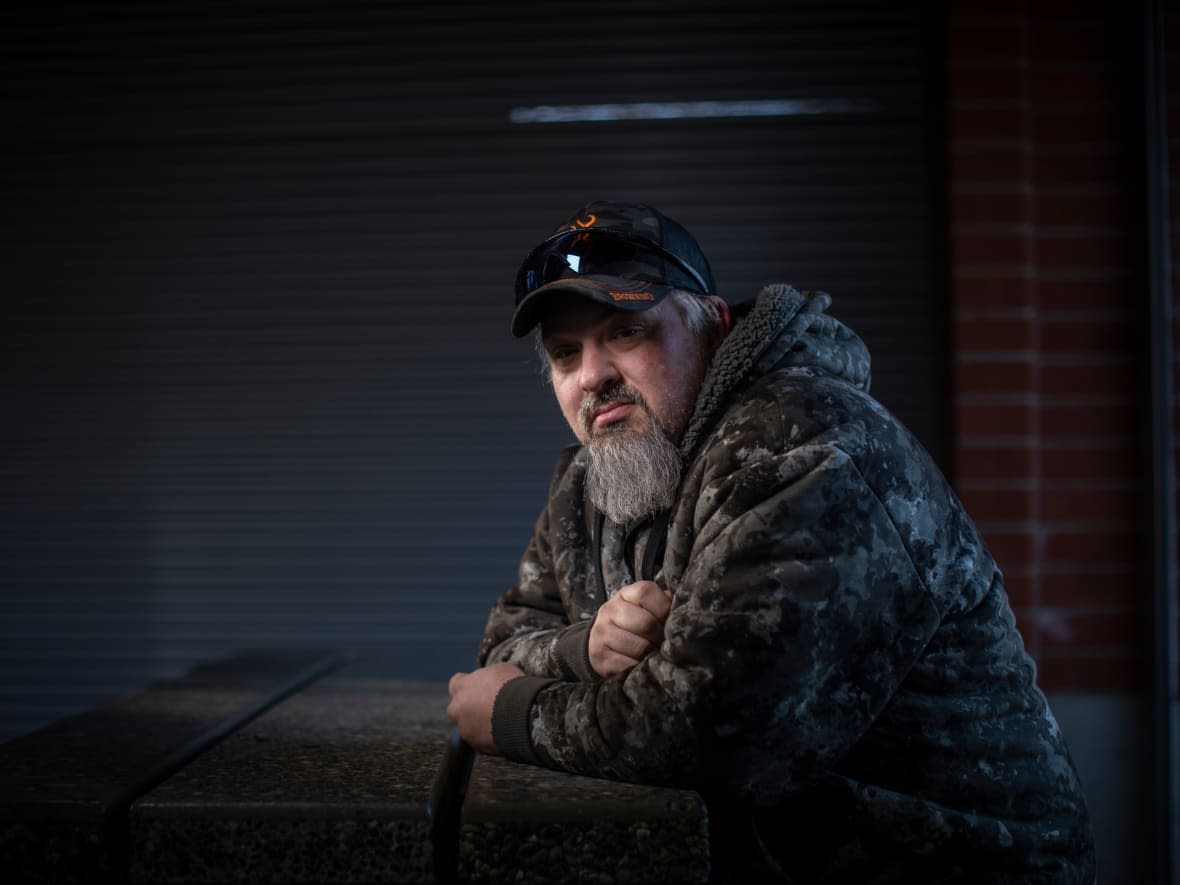
For more than a year, Greg Sword waited to find out the official cause of his 14-year-old daughter Kamilah's death.
The teen's body was found in her bedroom in the Metro Vancouver city of Port Coquitlam, B.C., in the summer of 2022. Her death appeared to be an overdose.
"I assumed they were going to do an autopsy — but they didn't," said Sword, recalling his dealings with the B.C. Coroners Service (BCCS).
"They just did a toxicology report."
Fourteen months after her death, Sword received the coroner's report. It concluded the teen's death was caused by cocaine and MDMA use, although there were other drugs in her system, including hydromorphone — a medication prescribed under B.C.'s Safer Supply program.
Sword remains skeptical of the findings, particularly because he says Kamilah's friends told him the teen was seeking out hydromorphone — which also goes by the street term dilly — on the night she died.
He believes that's what killed her, and is now left wondering if an autopsy might have arrived at the same conclusion.
WATCH | Families and experts say B.C.'s coroner system is failing:
In British Columbia the vast majority of overdose deaths don't receive an autopsy. Critics say that means the BCCS could be missing out on important information when it comes to an individual's death, and leaves families with unanswered questions.
B.C. also has one of the lowest autopsy rates in the country, according to Statistics Canada — and forensic pathologists say that's a problem when it comes to identifying key public health trends.
"The low autopsy rate is a scandal," said Matthew Orde, a forensic pathologist in Alberta who was previously employed by BCCS. "It means we're unable to identify how and why it is our loved ones have died."
"The lack of an autopsy affects all of us," he said.
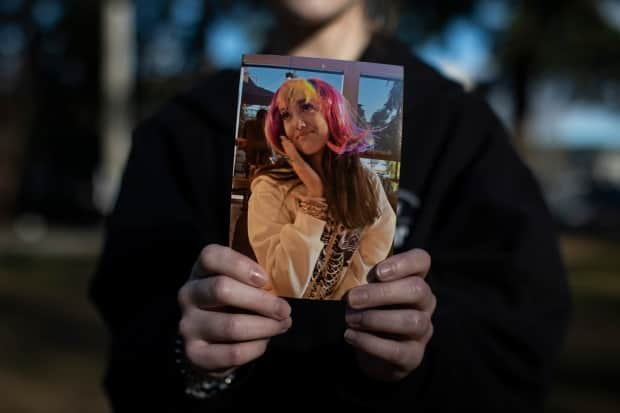
Kamilah's story
Standing in Port Coquitlam's Lions Park — a place where he would take his daughter to play when she was younger — Sword remembers Kamilah.
"Go-lucky, carefree," he says, fighting back tears. "We had issues. She was a little troublemaker as a teenage girl, but a typical teenage girl. All about fashion and hanging out at the mall with her friends."
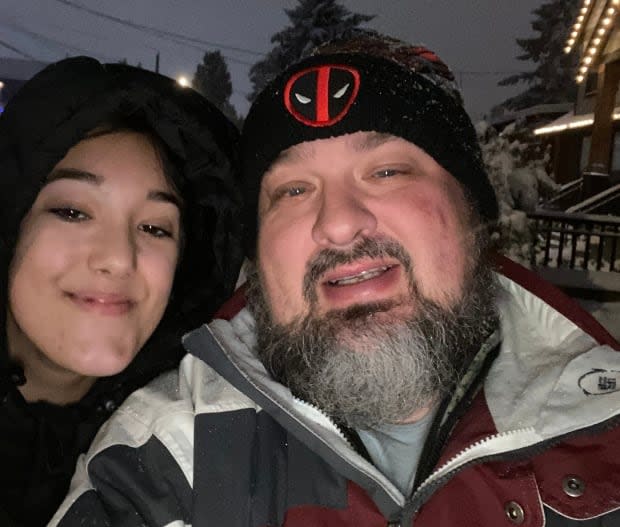
Over the years, Lions Park took on a different meaning. Sword says it's where Kamilah and other teens would seek out drugs, including cocaine, MDMA and dilly.
Sword says on the night before her body was found, Kamilah and two friends visited the park, where they bought dilly.
The next morning, Aug. 20, 2022, Kamilah was found in her bedroom by her grandmother, lying in the fetal position on the floor. According to the coroner's report, no resuscitative efforts were made as her death was apparent.
Based on the toxicology analysis, coroner Dean Campbell wrote the teen died "as a result of a cardiac arrhythmia following cocaine and MDMA use. The other drugs detected are considered unlikely to have played a role in her death."
Orde takes issue with that conclusion.
"Without the backdrop of the autopsy findings to provide context ... it's difficult to know what the cause of death would have been," the forensic pathologist said. "There's nothing in those toxicology results to suggest they would have necessarily been the cause of death."
"To me, the cause of Kamilah Sword's death is undetermined," he said.

Declining autopsy rate
The B.C. Coroners Service would not comment specifically on Kamilah's death.
But it said that 85 per cent of overdose deaths do not receive autopsies.
"If a death is suspected to be caused by unregulated drugs based on a thorough examination of the scene, body and decedent's history, and subsequent expedited toxicology results confirm the presence of a potentially fatal level of drugs, the coroner may consider foregoing an autopsy," spokesperson Ryan Panton told CBC News.
According to Statistics Canada, B.C.'s autopsy rate has declined steadily from 22 per cent in 1991 to 3.2 per cent in 2022 — after Quebec, the lowest for provinces with a population of more than a million people.
% of deaths in B.C. where autopsy was conducted, 1991-2022
The province has recorded an increase in annual deaths over that time, but also a decrease in total autopsies — more than 5,000 autopsies were performed in 1991, but the total steadily declined and has hovered between 1,000 to 2,000 since 2012.
In B.C. not all deaths require investigations. But the BCCS is required to investigate all unnatural, sudden and unexpected, unexplained or unattended deaths.
For deaths it's called to investigate, the BCCS has seen its autopsy rate drop from 50 per cent in 2010 to 29 per cent in 2023, it says.
The service points to the province's mounting overdose deaths for swaying those figures.
"[The] number of unregulated drug deaths is much higher in B.C. than most other provinces," wrote Panton.
Orde says autopsies are widely considered the gold standard for investigating overdose deaths. He pointed to the National Association of Medical Examiners in the U.S., which, in 2020, made federal recommendations that autopsies be performed for "optimal interpretation of toxicology results."
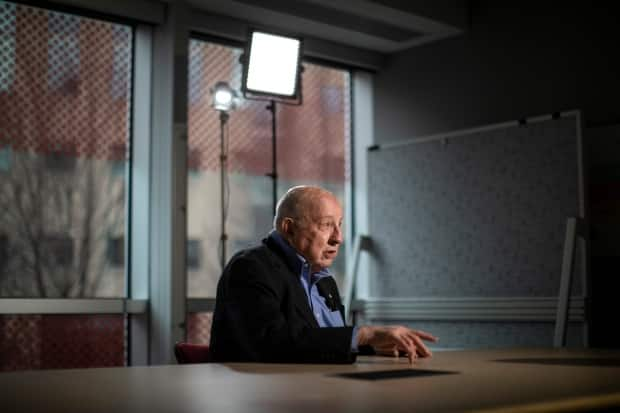
Coroner vs. medical examiner
A number of provinces outperform B.C. when it comes to both autopsy rates and total number of autopsies performed, most notably Alberta, which, despite having a smaller population and fewer total deaths, recorded 3,421 autopsies in 2022 — nearly double B.C.'s total.
Alberta, Manitoba, Nova Scotia, and Newfoundland and Labrador use a medical examiner system instead of a coroners' service.
While both investigate deaths, medical examiners are physicians and coroners in B.C. are not — though they still make critical determinations about someone's death, including whether or not there should be an autopsy.
% of deaths in 2022 where an autopsy was conducted
In B.C., chief coroners have long had legal backgrounds as opposed to medical backgrounds. They include recently departed chief coroner Lisa Lapointe and her temporary successor, John McNamee.
The BCCS's shortcomings can be traced to its non-medical leadership, says Dr. John Butt, who oversaw the transformation of Alberta's system from coroner to medical examiner.
"It wants badly for medical direction," said Butt, a retired medical examiner.
"I would bet my bottom dollar that the issue here in British Columbia is to save money on autopsies. It's not the bottom line, but when you look at the way the system is organized, it defaults into that by the ineptitude or lack of education in issues of medical cause."
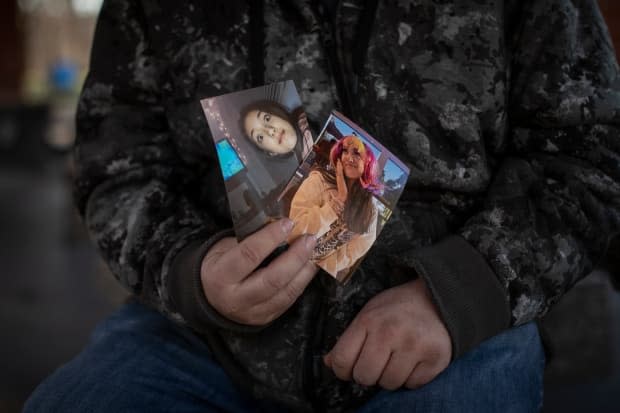
More answers?
B.C. is currently searching for a permanent chief coroner to replace Lapointe. When asked if the province would consider someone with a medical background, Solicitor General Mike Farnworth said he's "looking for the best person for the job."
Meanwhile, Premier David Eby said he's confident the future leader of the coroners' service will be equipped to give families the answers they need.
"I'm sure that person will be looking at our practices here in the provinces, whether there are areas for improvement or additional scrutiny, and that person will have my full support," he said Thursday.
For Sword, the chance for answers disappeared when Kamilah was cremated.
"Why aren't we really trying to find out the source of these deaths? Why don't we invest more money?" he said.
"If we did root out what's happening and killing all these people — if it is the street drugs, or if it is a combination of street drugs and safe supply drugs — we can change our policies, and stop this madness from continuing."
In the meantime, he's looking for a second opinion, having sent a sample of his daughter's blood to another forensic toxicology lab.

